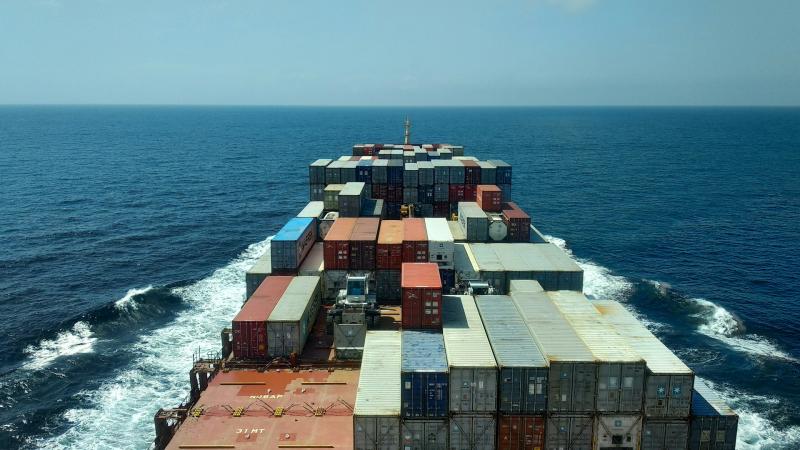Cross-border, cascading climate risks and the LDC Group: Catalyzing management options within the UNFCCC
This policy brief highlights efforts to develop indicators capturing transboundary and cascading climate risks for inclusion in the UAE–Belém Work Programme.
This material has been funded by Agence Française de Développement (AFD) from the French government, with additional research support funded by UK aid from the UK government; however the views expressed do not necessarily reflect the French or UK governments' official policies. SPARC provided co-funding to facilitate the participation of negotiators to the TCAR segment of the AGNES Pre-COP29 meeting.
This policy brief highlights efforts to develop indicators capturing transboundary and cascading climate risks for inclusion in the UAE–Belém Work Programme, emphasising regional and international cooperation to strengthen adaptation strategies for Least Developed Countries.
Historically, adaptation has been treated primarily as a local to national concern in international climate negotiations. However, multiple countries and negotiating blocs have called and continue to call attention to the multi-country, regional and international dimensions of adaptation and climate impacts. It was the African Group of Negotiators (AGN) that championed inclusion of adaptation as having dimensions across many scales and as requiring strengthened multi-country, regional and international approaches in cross-border, cascading climate risk management in the Global Goal on Adaptation under the Paris Agreement.
The Least Developed Country (LDC) Group, many of whose members are African nations, are another negotiating bloc under the United Nations Framework Convention on Climate Change (UNFCCC). The LDC Group is disproportionately impacted by transboundary climate risks and has a strong interest in furthering recognition of such risks and strengthening efforts to manage them within international climate negotiation efforts. This brief highlights some of those interests and efforts.
Fifteen of the 23 LDC National Adaptation Plans explicitly mention multi-country, cascading climate risks of concern and/or request regional cooperative adaptation mechanisms. Predominant risks of concern are related to pastoralism; shared water, forest and coastal ecosystems and ecosystem services; and implications of climate disruptions to global food commodity chains on national food security. Other non-LDC African countries are similarly concerned with climate risks that spread across whole regions encompassing shared ecosystems such as pastoral rangelands, river basins and marine areas, and the cascading impacts of such risks on agriculture production and food security, electricity generation, and human and livestock health, for example.
Within UNFCCC processes, the two-year UAE-Belem Work Programme under the Global Goal on Adaptation was established at COP28 (2023) with the purpose of developing indicators for measuring adaptation progress in 7 thematic areas and in four iterative adaptation process dimensions by COP30 (2025). Yet, of the nearly 10,000 indicators submitted so far, less than 100 cover either multi-country, cascading risks or multi-country, regional and international adaptation mechanisms. Without indicators capturing such risks, national to regional to international cooperation on their management – and climate finance for managing them – is likely to continue to be deficient.
Adaptation Without Borders partners – ODI Global, AGNES, Enda Energie, IRLI and SEI – have been working with the LDC Group and AGN to co-develop indicators capturing multi-country, cascading climate risks in various themes and adaptation process options for submission to the UAE-Belem Work Programme.
This brief outlines some of the proposed indicator text – which will be refined prior to submission – and its grounding in other international frameworks and conventions like the Sustainable Development Goals and Sendai Framework for Disaster Risk Reduction. It concludes with some additional concrete actions for furthering multi-country, regional and international action on cross-border, cascading climate and adaptation risks.
Read the full report here.
